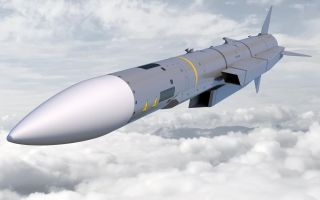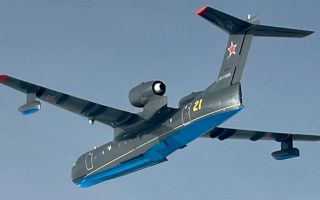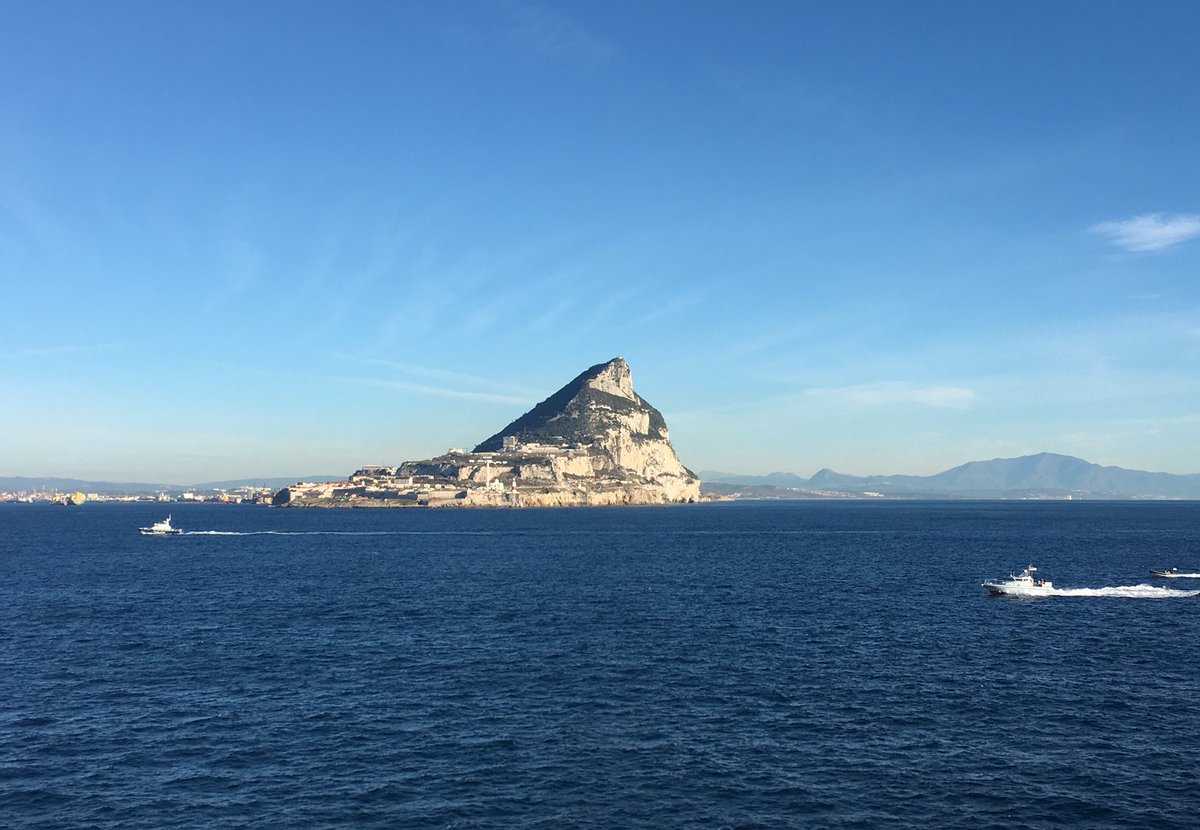
Gibraltar Sovereignty 'Not On Table In Brexit Talks'

The question of Gibraltar's sovereignty must not be reopened as a result of Brexit, the Rock's chief minister has said.
Fabian Picardo is in London for talks with Brexit ministers over the negotiations, which have thrust the status of the British overseas territory back into the spotlight.
The European Council sparked anger in Gibraltar with negotiating guidelines which granted Spain a veto over the territory's fate after Brexit.
Mr Picardo said that Gibraltar's parliament holds its own veto, with the power to decide which parts of the final Brexit agreement will apply to the 30,000 inhabitants of the Mediterranean outpost.
But he said there was no question of reopening discussions on its future status, telling BBC Radio 4's Today programme:
"Sovereignty is something which is settled. It was settled in the Helsinki accords and in Utrecht that the sovereignty of Gibraltar belongs to the UK and the people of Gibraltar.
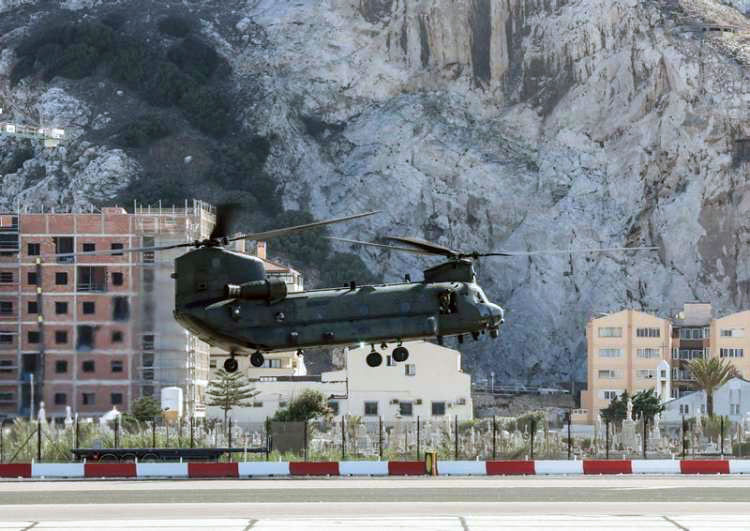
"We don't barter with sovereignty today as if we were in the 17th century, with kings passing around sovereignty of pieces of land. What we do is look at the interests of the people. What we do is talk to people and ask them what matters.
"We are very linked to the UK, we see the world through British eyes and we don't want to change that."
Liberal Democrat leader Sir Vince Cable urged the Government to be firmer in its defence of Gibraltar's links to the UK after Brexit.
Sir Vince told the BBC: "It is an issue of fundamental principle. This has been attached to the UK for two centuries. We have seen off repeated demands by Spain to have control over the Rock, which has been a fundamental part of British interests.
"We shouldn't allow Brexit to be used as a cloak for giving away what is a substantial British commitment.
"Let's not forget that all of these people want to remain in the UK just as much as the majority of people in Northern Ireland."
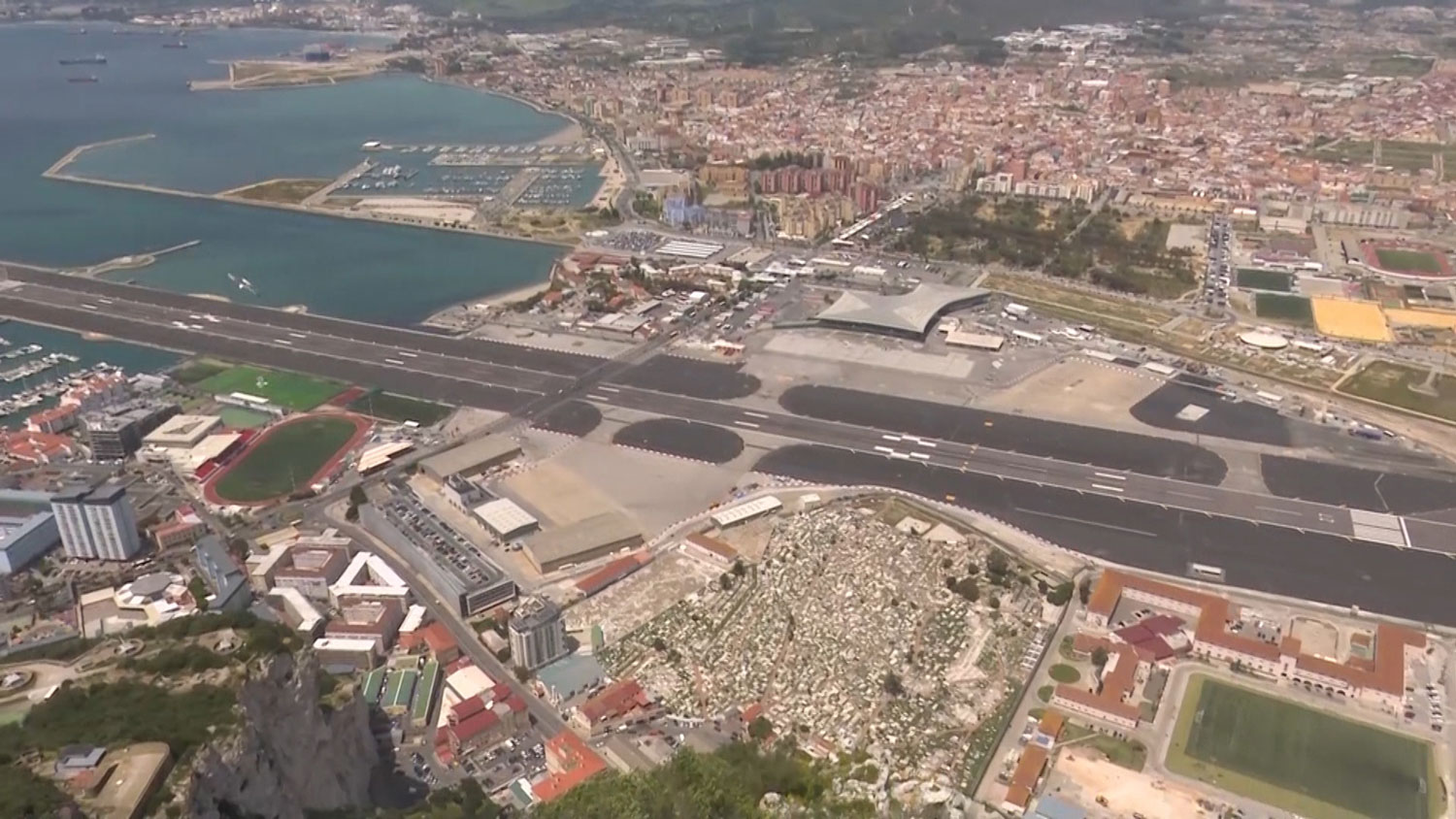
Gibraltar has been British since 1714, and during that time has proved itself as an asset to the UK repeatedly.
During World War Two the British territory was used as an air and naval base for the Allied invasion of North Africa, just eight miles away.
Later, the strait between Gibraltar and Ceuta was also monitored and controlled for Soviet submarines.
Today, the strait is used to monitor global trade traffic passing through to Southern Europe and the Mediterranean.
The Royal Navy maintains a squadron in Gibraltar, alongside the ability to host larger Royal Navy ships.
There is also RAF Gibraltar, which doubles as the international airport.
There is no permanent presence of planes or helicopters, but when it is needed, it is ready.
Meanwhile, the Army has the Gibraltar Regiment and there are all the facilities of a British military headquarters.
It is also a vital stopover for British forces on aid missions, troops on their way to the Middle-East and tackling piracy in the Indian Ocean.





